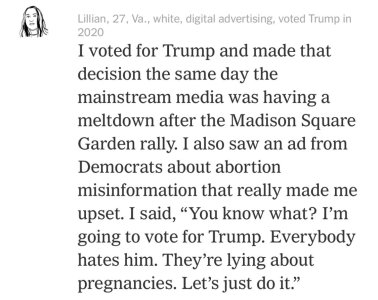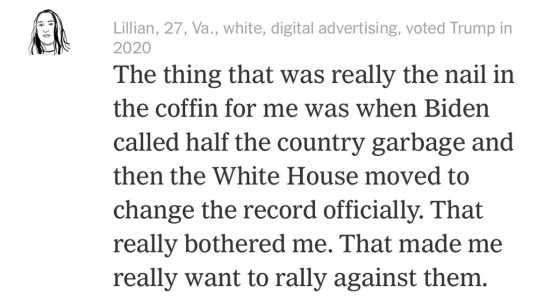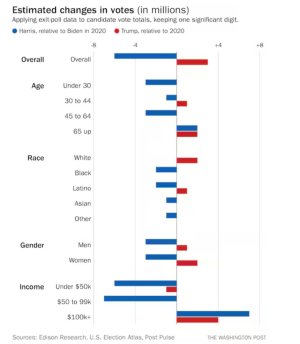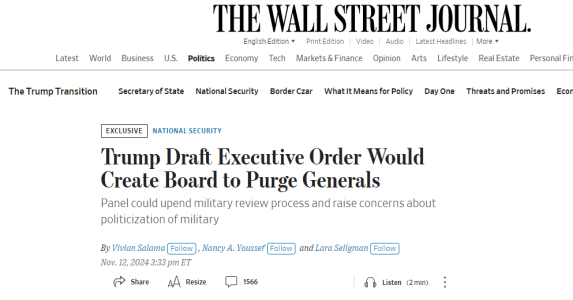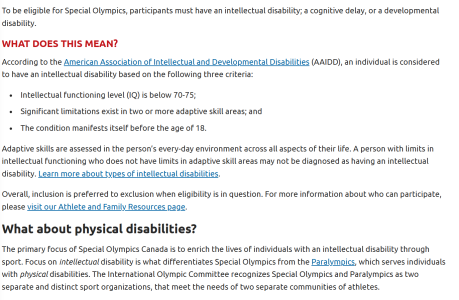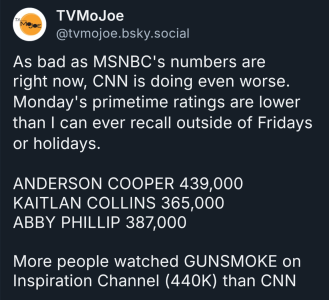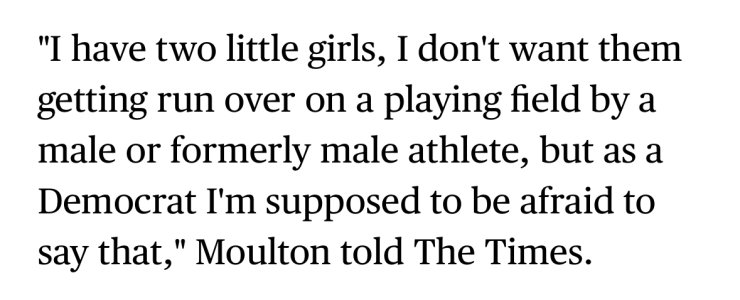High Income Decontrol
The Rent Law of 2015 made no change to the income levels associated with High Income Decontrol, currently $200,000 per year, but it does adjust the rent threshold to $2,700 plus rent guidelines increases.
It also made no change in the rule that it is a matter of two years in a row of exceeding the income threshold.
Thus, if a tenant can manipulate his or her income to be wealthier in alternate years and poorer on paper in the other years, so as to be below the threshold every other year, such a tenant can still artificially avoid deregulation.
Similarly, tenants who lower their federal adjusted gross income by keeping their money stashed in a corporation can still avoid deregulation.
Also, since the threshold rent rises each January in accordance with the Guidelines Increase for a one year renewal lease, if the tenant who is below the threshold rent only takes one year renewal leases, the tenant will never cross the rent threshold.
Example 1 (income manipulation): A tenant has a job that pays $175,000 base pay a year with an annual bonus of $35,000 a year. If the tenant takes straight pay without manipulation, the tenant whose rent is $2,700/month or more, shows federal adjusted gross income of $210,000 and therefore faces the possibility of High Income Decontrol. However, if the tenant arranges to receive her annual bonus from 2015 to be paid to her in January of 2016 instead of December of 2015 when her boss normally gives it to her, then her income for 2015 is $175,000 and her income for 2016 is $245,000. Thus, her income for 2015 will have been less than $200,000 and she is not decontrolled.
Example 2 (rent renewals): A tenant’s rent is $2,650. Therefore, the rent is below the threshold that can high income deregulate an apartment and the landlord cannot even attempt a deregulation. The current authorized increase for a one year lease renewal is zero percent. Therefore, when the tenant renews the lease, the tenant is still at $2,650 and no proceeding can be brought. However, imagine what happens a year from now and the Rent Guidelines Board okays a 3% increase for one year lease renewals. Now, the tenant’s rent would go up to 2,650 x 1.03 = $2,729.50, apparently over the $2,700 threshold, but that is not correct. Because while the rent for that apartment would be $2,729.50, the threshold also took an increase automatically by the Rent Guidelines Board having authorized a three percent increase in rents. Thus, under this imagined scenario, 2,700 x 1.03 = $2,781, the new threshold for 2017 under this hypothetical example. Clearly, therefore, the $2,729.50 is still less than the $2,781 and so long as the tenant keeps taking one year lease renewals, this will always be the case. The apartment will never be decontrolled.
However, if the landlord does even modest MCI’s to the building, the rent will be bumped above the threshold and the apartment can be decontrolled.




















